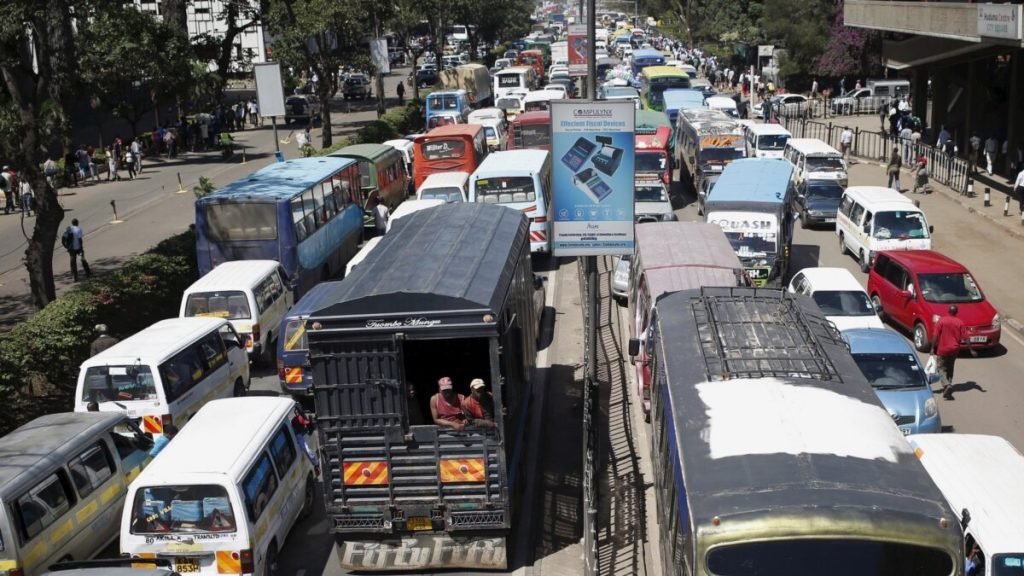BY SILAS APOLLO
The current financial difficulties being experienced in the country have largely been blamed on heavy borrowing by the previous governments, prolonged drought, coronavirus pandemic, among other issues.
According to sources within government and publicly available documents, the lack of rains in the country in the last four years saw many farmers and businesses suffer losses leading to deprived revenue with the loans borrowed by administrations such as Jubilee also eating up most of the revenue set aside for both recurrent and development expenditure.
Experts and economists have also linked the current cash crunch to the war in Ukraine which they say affected commodity prices as well as global factors and inflation which saw payments on loans borrowed from both domestic and foreign lenders expensive.
The country has also been under increasing pressure to service its debt, borrowed both from domestic and foreign lenders – which according to government records account for about 60% of the budget.
According to data from the office of the Controller of Budget (CoB), the country had at December 31, 2022, borrowed at least Sh9.17 trillion both from foreign and domestic lenders.
Of these funds, about Sh4.70 trillion were loans owed to external lenders and another Sh4.47 trillion as debt owed to domestic lenders.
The public debt stock, according to the report, also recorded an 11.8% growth from Sh8.21 trillion reported on December 30, 2021, a growth attributed to new loans and the effect of a depressed Kenyan shilling against major currencies.
CoB further highlights that the heavy borrowing by government has seen the implementation of key government functions such as development affected due to obligations to pay back the loans alongside the interests accrued.
The government also borrowed at least Sh105 billion in under three months last year, signaling what has become the country’s increasing appetite for funds to finance its expenses.
This is according to the latest report by the Parliamentary Budget Office which says that the loans were borrowed between May 2022 and August 2022.
Consequently, as a result of the drought, farmers have been unable to get any substantive crop production for five consecutive seasons and pastoralist communities have lost their livestock.
More than 2.4 million livestock, which pastoralist families rely upon for nourishment and livelihood, have also died in the country.
The drought, according to the government through the National Steering Committee on Drought Response, affected at least 23 counties in the Arid and Semi-Arid areas.
It also resulted in an estimated 24% of families in the ASAL region facing high levels of acute food insecurity with about 2.7 million people in the Crisis Phase and another 785,000 people in the Emergency state according to the ASAL Humanitarian Network (AHN).
The ongoing war in Ukraine has also been blamed for affecting the global prices of commodities, including in Kenya which relies on wheat imported from Ukraine.
According to data by the World Bank, the war in Ukraine dealt a major shock to commodity markets, disrupting the production and trade of several commodities, particularly those where Russia and Ukraine are key exporters, including energy, fertilizers, and grains.
These price increases also came on top of already tight commodity markets due to a solid demand recovery from the pandemic, as well as numerous pandemic-related supply constraints.
The data further shows that due to the coronavirus pandemic, Kenya, just like other nations in the continent and across the globe, experienced heavy disruptions both socially and economically, eroding progress in poverty reduction.
Kenya, for instance, saw an estimated two million people slide back into poverty at the time due to job losses, poor performance of the economy among other factors. These, the data shows, was as a result of restrictions that were put in place to contain the pandemic including lockdowns, ban on travel as well as movements among other factors.
The pandemic largely affected women, youth, and refugees with at least one in three Kenyan workers facing high risk of temporary or permanent closure and reduced revenues.
The constraints are however expected to ease in the coming set of months, at least according to projections by the International Monetary Fund, which argues that Kenya’s economy remains resilient against a challenging global backdrop and is projected to grow 5.3% in
2022.


